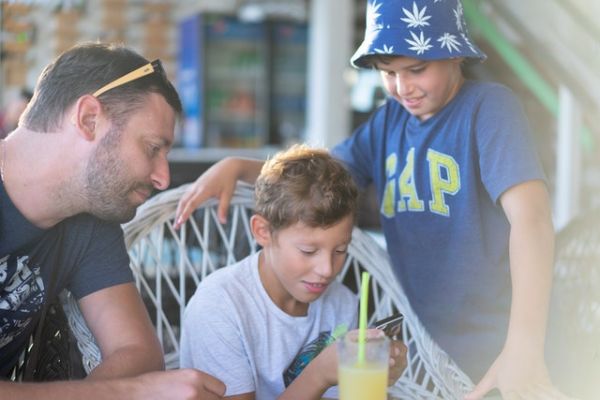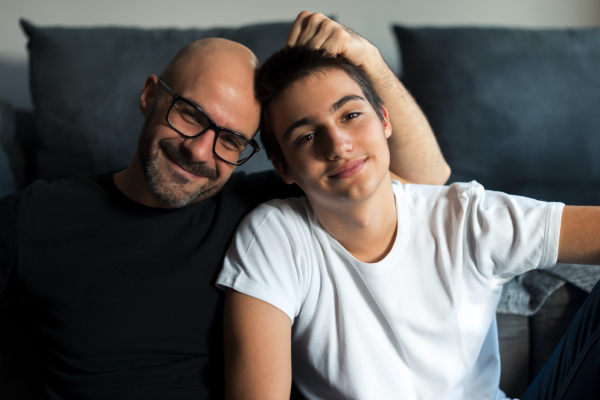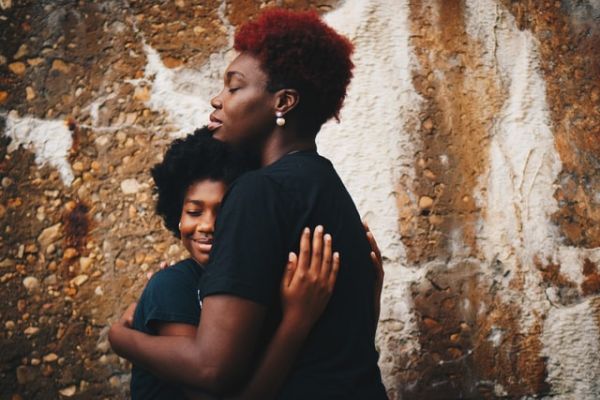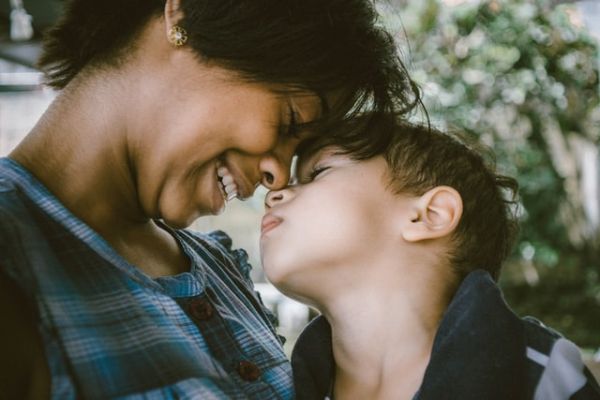How can I help my child with self harm?
Self-harm is complex - but it’s also surprisingly common. Categorised as behaviour that’s done deliberately to harm oneself, at least 10% of adolescents report having self-harmed.
Often it’s seen as a way of expressing deep distress that cannot be put into clear words or thoughts.
For parents it can be very distressing too, but know that plenty of support is on hand. Here we have some information and steps that you can take to help your child make a recovery.
Spot the signs
It’s wise to consider whether your child is self-harming if you spot any of these signs:
Unexplained cuts, burns or bruises
Keeping themselves covered
Being withdrawn or isolated from friends and family
Low mood, lack of interest in life or depression
Blaming themselves for problems or expressing feelings of failure
What are some of the reasons for self-harm?
Remember that sometimes the reasons will be unknown, or it might be a combination of things. Common factors include the following:
To manage extreme emotional upset
To distract from or express emotional pain
An effort to regain control over feelings or problems
An attempt to punish themselves or others
To elicit care from others
To identify with a peer group
Self-harm can also be a suicide attempt
What can I do to support?
Open up a conversation
It’s a good idea to organise this around another activity, like a walk or drive, to take the pressure off. Don’t bring up self-harm straight away - just ask them how they feel and if anything is worrying them.
Show that you are prepared to listen
If your child doesn’t want to talk, ask whether they’lll write you a note or an email. Let them know you are not judging them or putting them down, and that you love them which will never change.
Ask if they would rather speak to someone else
For outside support, the first point of call should be your GP, however counsellors and helplines are also available if you need more immediate help.
And if they do open up
Help them work out which feelings and situations trigger the harmful thoughts, then think of ways to address these directly. Once they see that long-term solutions are available, they’ll know that things will be different in the future and may feel less need to look for coping strategies now.
Introduce some alternative coping strategies
Self-harm provides a sense of temporary relief, so it often follows addictive behaviour patterns. When this happens, it’s good to bring in some short-term coping strategies as a substitute.
These include distraction, stress management techniques, and thinking of alternative ways that your child can let go of extreme emotions.
This could include suggesting that they:
Draw, paint, or sketch out thoughts and feelings
Write out thoughts or feelings in a journal
Wear an elastic band round the wrist and ping it against the skin
Call or arrange to meet up with a friend in person
Spend time with people who love and value them
Write down negative feelings, then rip up the paper
Carry a safe object such as a precious stone or stress ball
Get professional help
It’s important to get professional help as soon as possible, particularly if you notice that the self-harm is happening more often.
This is best done through your GP, who can refer your child to a community Child and Adolescent Mental Health Services where an assessment and plan for support and treatment can be made.
Look after yourself
It’s normal for parents to experience strong emotions so don’t forget to look after yourself, as well as your child. Recovery from self-harm can be a long journey, so try to find time for your own relaxation and support. Remember - the stronger you are are mentally and emotionally, the better you’ll show up for your child.
Don’t give up
Of course, it can be frustrating. But often when your child pushes you away is the time that they might need you the most.
Remember - most young people who self-harm do stop sooner or later.










